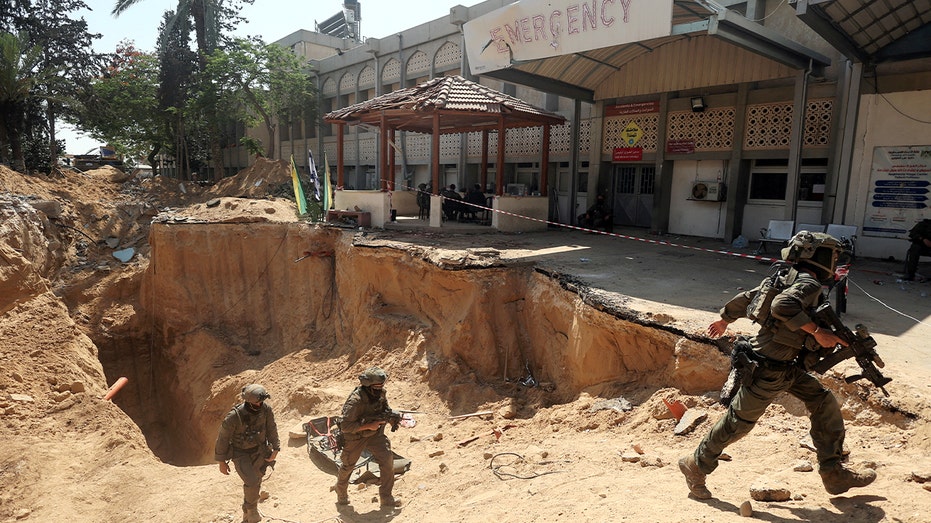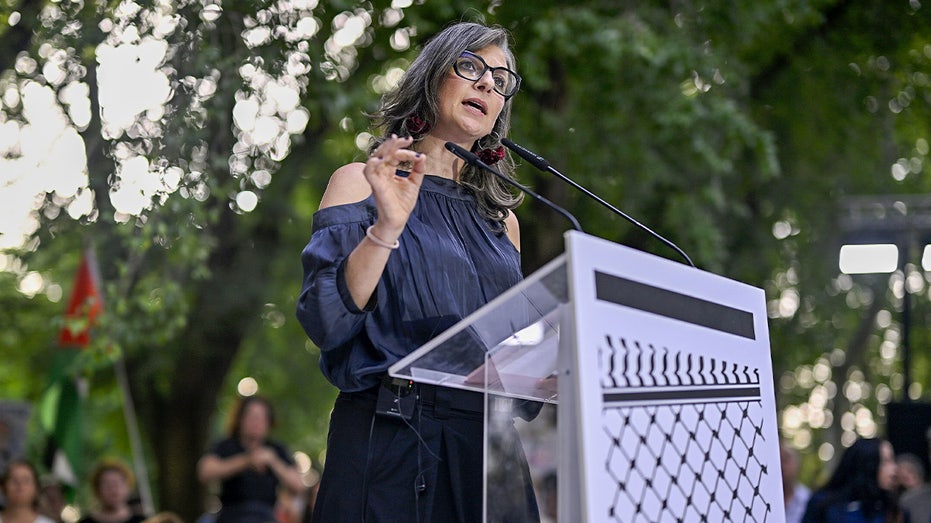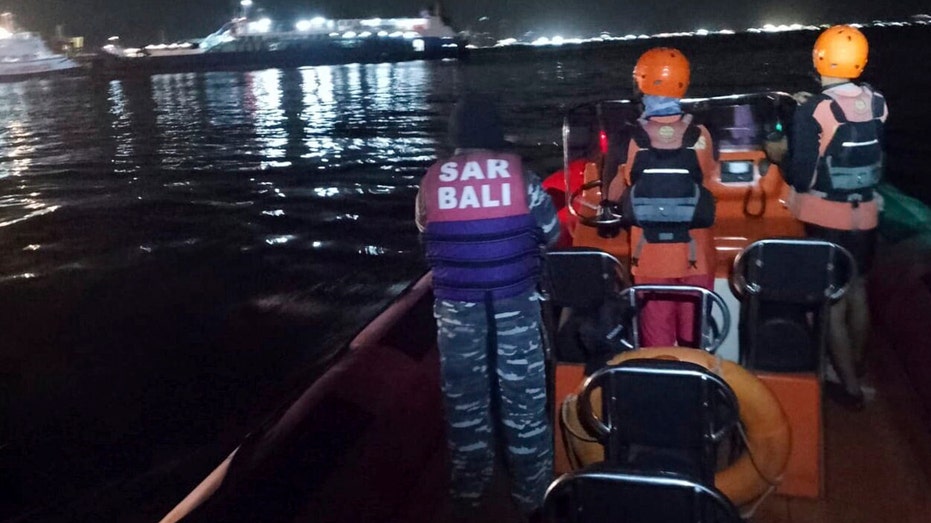📰 Why Syria plays a key role in Trump’s plans for Middle East peace

President Trump recently signed an executive order lifting most U.S. sanctions on Syria, signaling a shift in U.S. policy towards the country. This move is seen as an opportunity for the U.S. to regain regional leverage, counter enemies, and support allies like Israel and Jordan. The decision to lift sanctions is based on the belief that a stable and peaceful Syria, free from Iranian influence and terrorism, aligns with U.S. interests. The U.S. military maintains a small presence in Syria to support counterterrorism efforts and provide intelligence. The potential for Syria to join the Abraham Accords and normalize ties with Israel is being explored, but challenges remain due to ongoing conflicts within Syria and the region.
The lifting of sanctions on Syria is viewed as a strategic calculation to advance U.S. interests by reducing Iranian influence and fostering cooperation on counterterrorism.
Syria has made efforts to meet U.S. demands, such as allowing inspections and sharing intelligence on ISIS, which has led to discussions about deeper cooperation between the two countries.
The U.S. hopes that a stable and education-focused Syria will be less susceptible to extremism and Iranian influence, contributing to regional stability.
Efforts to integrate Syria into the Abraham Accords and normalize ties with Israel face challenges due to political complexities and opposition from jihadist factions within Syria.
📰 Israel fighting ‘very tough’ war in Gaza, retired British Army colonel says

The article discusses the ongoing Israel-Hamas war, with a focus on Israel’s military operations in Gaza following Hamas’ attacks. Ret. British Col. Richard Kemp praises the IDF’s efforts to minimize civilian casualties while targeting Hamas terrorists and infrastructure. The conflict is expected to continue until Hamas is defeated, despite Israel accepting a ceasefire plan. Kemp highlights Hamas’ tactics of embedding among civilians to provoke civilian casualties and garner international condemnation of Israel. He also commends the U.S.- and Israel-backed Gaza Humanitarian Foundation for providing aid to civilians in Gaza, contrasting it with the challenges faced by traditional aid organizations like the U.N.
📰 UN expert repeats Israel ‘genocide’ claims after US calls for her removal

Representatives of United Nations member states met in Geneva to discuss a report by U.N. Special Rapporteur Francesca Albanese on the Occupied Palestinian Territories. The U.S. Mission to the U.N. called for Albanese’s removal, accusing her of antisemitism and anti-Israel bias. In her report, Albanese described Israel as a regime of settler-colonial apartheid and accused corporations of aiding Israel in a genocidal campaign in Gaza. Albanese’s opening statement at the meeting accused Israel of conducting a cruel genocide and testing new weapons to exterminate people. The report was defended by the Palestinian envoy and criticized by dissenting voices like U.N. Watch Executive Director Hillel Neuer. Israel’s ambassador condemned Albanese’s report as promoting terrorism propaganda and demonizing Israel.
📰 At least 2 dead, 43 missing after ferry sinks near Bali

A ferry carrying 65 people sank near Bali, with 43 individuals missing and two confirmed dead. The KMP Tunu Pratama Jaya sank shortly after departing from Ketapang port on its way to Bali’s Gilimanuk port. The ferry had 53 passengers, 12 crew members, and 22 vehicles on board. Two bodies have been recovered, and 20 people were rescued, some found unconscious after drifting in choppy waters. Search and rescue efforts involving nine boats have been ongoing since Wednesday night, facing challenges due to rough seas. Ferry accidents are common in Indonesia, where ferries are a common mode of transportation and safety regulations may not always be strictly enforced.
📰 Dalai Lama lays out succession plan, pledging reincarnation as China eyes interference

The Dalai Lama announced that the Tibetan Buddhist institution will continue after his death, with his successor chosen without Chinese government influence. He laid out succession plans at a religious gathering in India, stating the Gaden Phodrang Trust will have sole authority in recognizing the future reincarnation. China claims authority over selecting the next Dalai Lama, but the current Dalai Lama has reiterated that his successor will be born outside China. The succession plan is significant for Tibetans opposing China’s control and for Tibetan Buddhists who view the Dalai Lama as a manifestation of compassion. The Dalai Lama’s decision to reincarnate signifies his belief that the tradition should not end with him.
The Gaden Phodrang Trust has exclusive authority in recognizing the future Dalai Lama, with no interference allowed. The Chinese government insists on approval for the reincarnation process to adhere to domestic search principles. The Dalai Lama’s succession plan is seen as a direct assault on religious freedom by Chinese authorities, drawing condemnation from Amnesty International. Tibetans worldwide support the continuation of the Dalai Lama position for the benefit of all sentient beings, emphasizing the unique Tibetan Buddhist tradition.
The search for the next Dalai Lama begins after the incumbent’s death, with the successor identified based on spiritual signs and visions. The current Dalai Lama’s announcement to reincarnate indicates his belief that the tradition should persist beyond him. Tibetan Buddhists are urged to reject anyone chosen by Beijing, and the Tibetan government-in-exile warns against Chinese interference in the succession process. The Dalai Lama’s succession is politically and spiritually significant, with implications for Tibetans and Tibetan Buddhists worldwide.
0개의 댓글